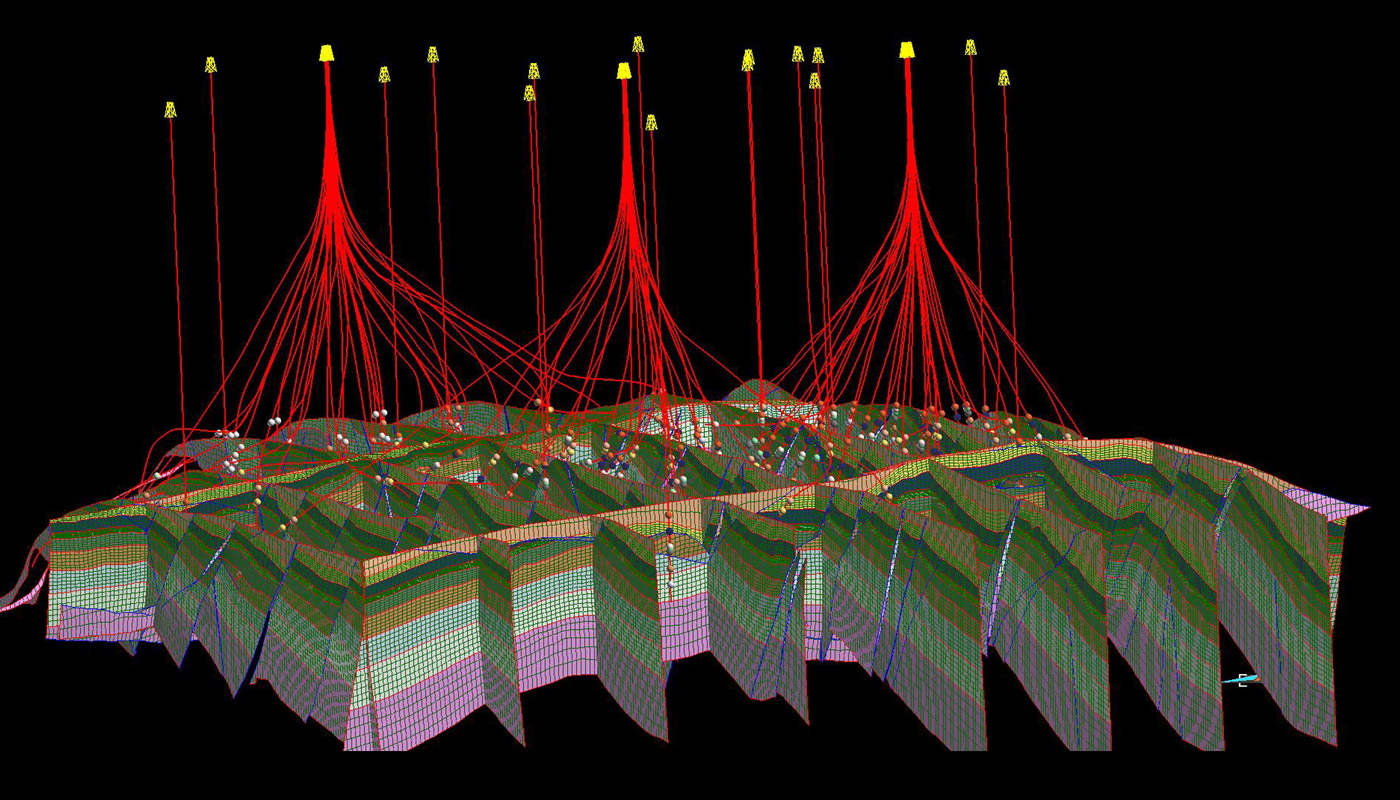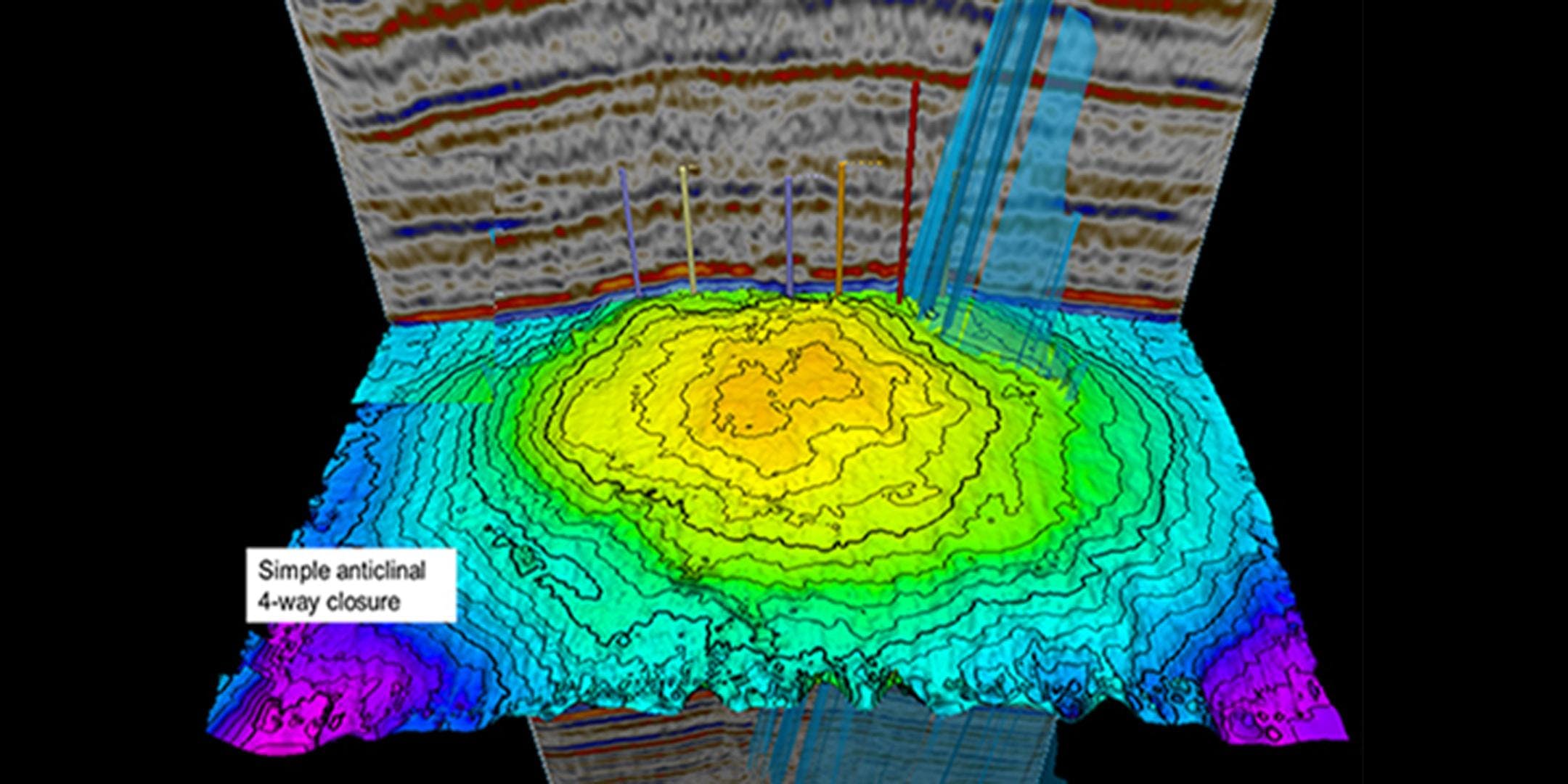RESERVOIR ENGINEERING
1 / 2

2 / 2

❮
❯
Reservoir engineering applies scientific principles to the drainage problems arising during the development and production of oil and gas reservoirs, to ensure a high economic recovery. Reservoir engineering projects use subsurface geology, applied mathematics, and the basic laws of physics and chemistry governing the behavior of liquid and vapor phases of crude oil, natural gas, and water in reservoir rock.
Reservoir engineers often specialize in two areas:
- Surveillance (or production) engineering, i.e. monitoring of existing fields and optimization of production and injection rates. Surveillance engineers typically use analytical and empirical techniques to perform their work, including decline curve analysis, material balance modeling, and inflow/outflow analysis.
- Simulation modeling, i.e. the conduct of reservoir simulation studies to determine optimal development plans for oil and gas reservoirs. Also, reservoir engineers perform and integrate well tests into their data for reservoirs in geothermal drilling.